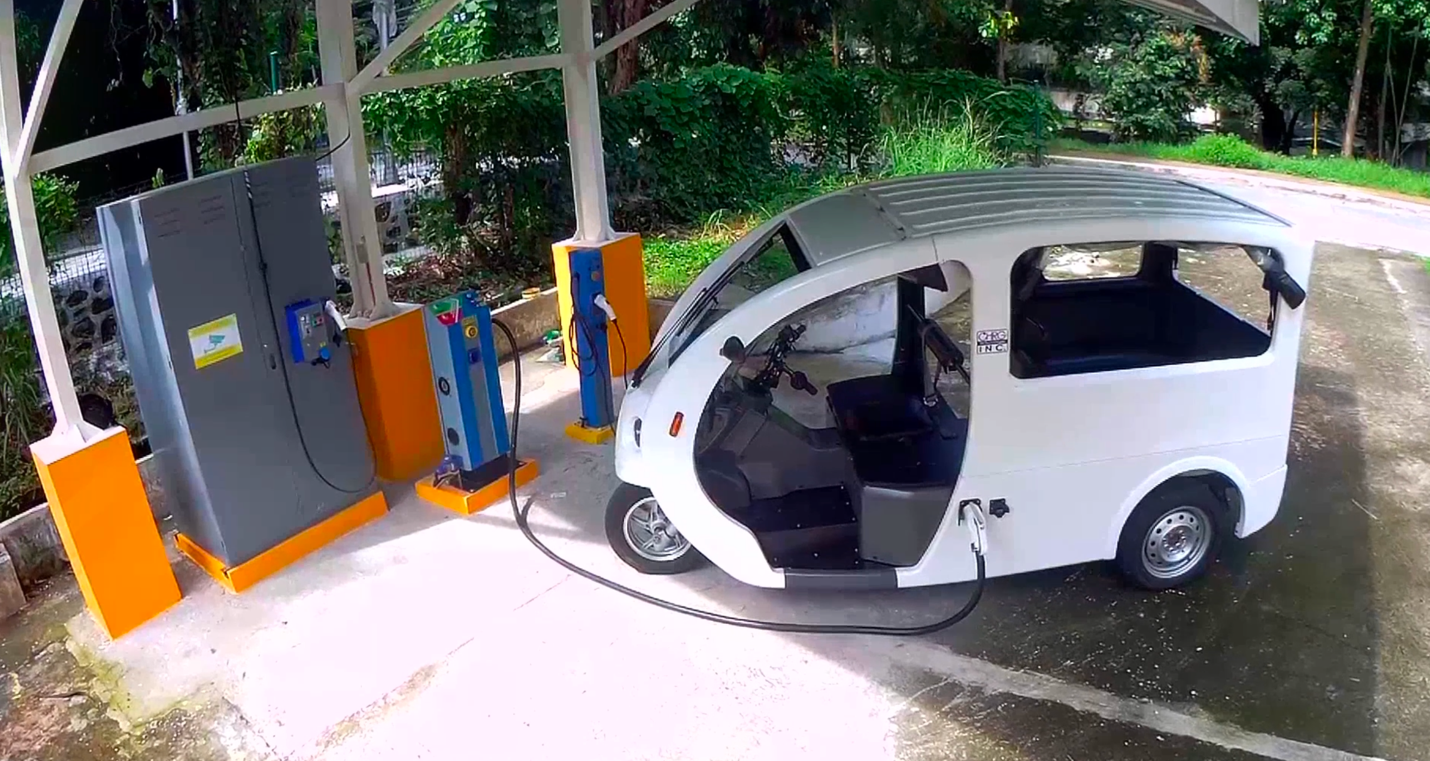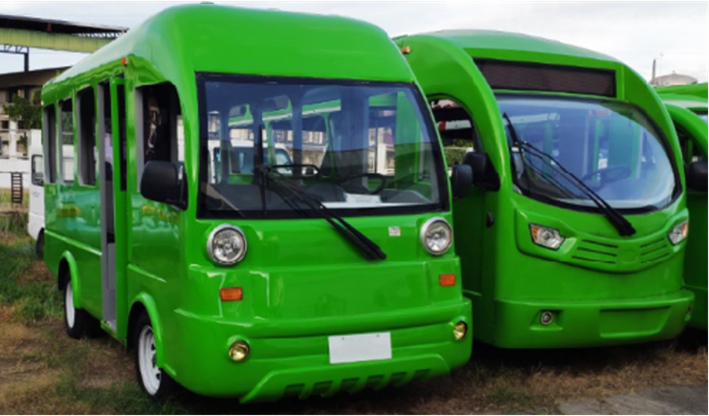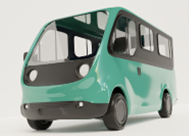
E-trike charging at the station in UP Diliman EEEI Building
The Department of Science and Technology (DOST) has declared that it is continuously prioritizing an ecosystem of e-mobility solutions for the country's transportation sector since fuel prices have reached new highs.
When the Department of Energy (DOE) is planning to procure the E-trike units, the DOST had anticipated the need for S&T interventions such as EV charging needs, low-cost battery storage system, battery management system, low-cost materials and production for e-trike, battery parts and components, mining technology to source out raw materials, etc. Some of these technologies were featured in different news articles*.
Therefore, the agency has invested over PHP 321M on e-mobility related projects to modernize and uplift the transportation sector and reduce GHG emissions to save the environment.
Dr. Enrico Paringit, Executive Director of the Philippine Council for Industry, Energy, and Emerging Technology Research and Development (DOST-PCIEERD) urged the public to support efforts to boost financing for e-mobility research and development and use and adoption of research-based technologies in the transportation industry and stressed the lower value of e-mobility, which costs 40% less than gasoline.


Prototype of the Electric Jeepney and Electric Van
During a virtual press conference, DOST announced 16 e-mobility initiatives that target diverse areas of the transportation industry. The following are the projects:
- E-Mobility R & D Center: This will be the country's first e-trike center which will be built in Cagayan. There are other projects under these, which are: Project 1: Design, Development, and Fabrication of the E-Trike's Different Parts and Assemblies; Project 2: Design, Fabrication, and Testing of a Locally Developed E-Trike's Electrical and Electronic Systems; and Project 3: Viability Study of Conversion of Conventional Tricycle To E-Trike
- Intelligent Electric Transportation Systems: The DOST has helped to develop automobiles made from locally available materials and designed and manufactured by Filipino engineers. Two of them are the Hybrid Electric Train (HET) and the Hybrid Electric Road Train (HERT). Under this initiative, there are three more projects: Project 1: Ad-Hoc Vehicle Infrastructure Cooperative Environment; Project 2: Emocion: Electric Mobility and Charging Infrastructure Operating as a Network; Project 3: E-Trike Deployment and Utilization Investigation
- Charging in Minutes (CharM): The Charging in Minutes project, commonly known as "CharM," attempts to reduce the time it takes to charge electric automobiles. In comparison to the traditional 4-6 hours of sluggish charging, this fast-charging system can fully charge electric automobiles in 30 minutes. The capabilities of the CharM are crucial in aiding the country's development of a more flexible and ecologically friendly mass transportation system.
- 23-seater Electric Jeepney (E-Jeepney): Design, Development, Demonstration and Business Planning of a Flexible Electric Van (Flev) for Logistics and Passenger Transport
- Safe, Efficient, and Sustainable Solar-Assisted Plug-In Electric Boat (Sessy E-Boat)
- E-Boat Chargers
- Design of a Modular Stator, Segmented Rotor Switched Reluctance Motor
- NICER R&D Center for Advanced Batteries: This is one of the most well-known new R&D centers, which will collaborate with host universities to develop strong R&D capabilities in the region. Three additional projects are listed under this:
- NextGen: Advanced Cathode Materials for Next Generation Batteries
- REBCell: NiFe High Energy Density Batteries
- ALAB-EU: Advanced Lead-Acid Batteries
- Fabrication of Aluminum-Air Reactor Battery
According to Paringit, e-mobility solutions are less expensive to maintain since the battery has fewer moving parts than a traditional automobile, making maintenance easier, less frequent, and more economical overall.
Paringit believes that electric vehicles will help minimize harmful air pollution by not generating any emissions. E-mobility solutions will help alleviate the Philippines' energy challenges as the country transitions to renewable energy sources.
“DOST-PCIEERD welcomes the public to join us in speeding the country's transition to e-mobility as a pioneer and partner in facilitating innovations, " he added.




